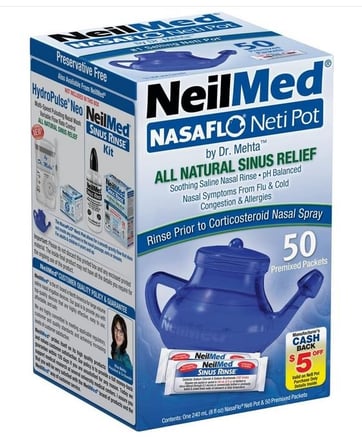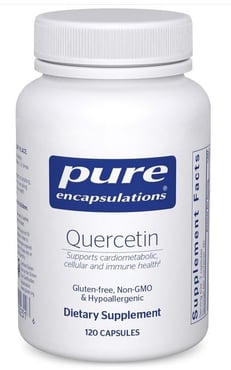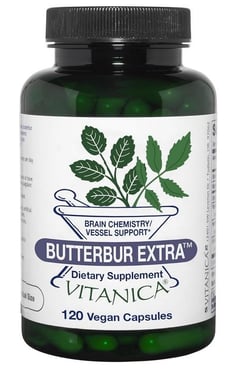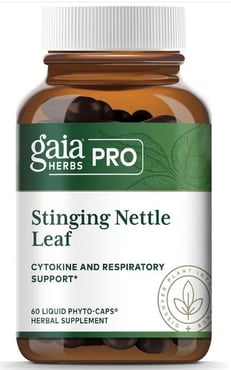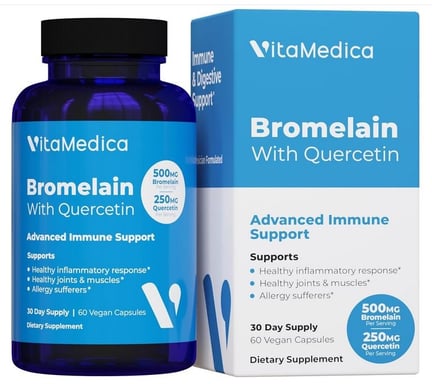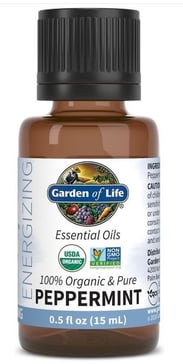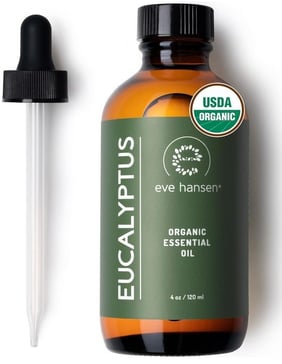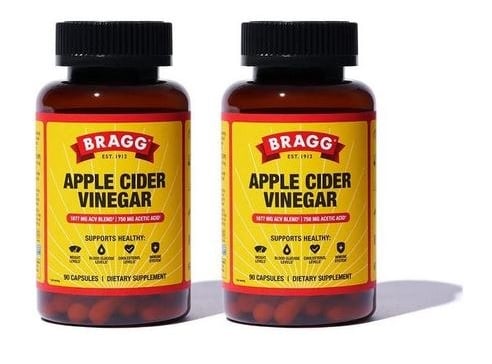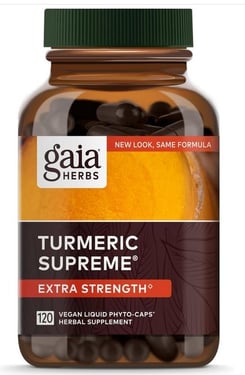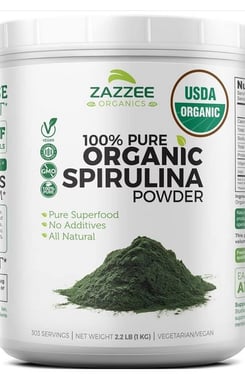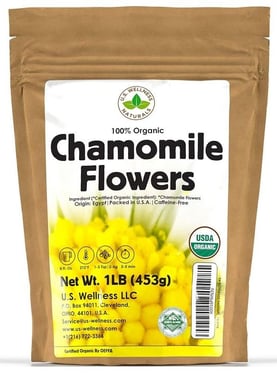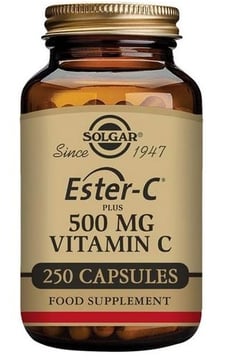Natural Remedies for Allergies: 14 Ways to Help You Breathe Easy Without Medication
Discovering natural remedies for allergies can be a game-changer for those seeking relief without relying on medication. In this article, we explore a variety of effective strategies that harness the power of nature to alleviate allergy symptoms.
WELLNESS
10/21/20246 min read


Allergy season can feel like a never-ending battle of sneezes, itchy eyes, and constant congestion. If you're one of the millions of people who suffer from allergies, you’ve probably tried every over-the-counter antihistamine on the shelf. But did you know that nature has its own arsenal of remedies to help you fight off those annoying symptoms?
In this post, we’ll explore 14 natural remedies that can reduce allergy symptoms, from soothing teas to simple lifestyle changes. Whether you're dealing with seasonal pollen or year-round dust mites, these solutions offer relief without the side effects of medications. Let’s dive in!
Why Natural Remedies?
For many allergy sufferers, the idea of relying on pills every day isn't appealing. Natural remedies provide a more holistic approach, addressing not just the symptoms but the underlying inflammation and immune response that cause them. And the best part? You likely already have some of these remedies at home, ready to use.
1. Nasal Irrigation (Saline Rinse)
Sometimes, the simplest solutions are the most effective. A saline rinse can flush out allergens from your nasal passages, providing instant relief. Use a neti pot with a saline solution to reduce congestion and sinus irritation. It’s easy to do at home!
2. Quercetin – The Natural Antihistamine
Quercetin, a powerful antioxidant found in foods like apples and onions, acts as a natural antihistamine. By stabilizing the release of histamines, it helps reduce symptoms like sneezing and itching. You can also find it in supplement form for a more concentrated dose.
3. Butterbur for Allergy Relief
Studies have shown that butterbur extract can be as effective as traditional antihistamines in reducing symptoms. Make sure to choose supplements that are free of harmful chemicals to enjoy the full benefits safely.
Look for butterbur supplements that are free from pyrrolizidine alkaloids (PAs), which can be harmful to the liver.
4. Local Honey – Sweet and Potentially Powerful
Though the science is still mixed, many swear by eating local raw honey to build up tolerance to local pollen. If you’re looking for a natural (and delicious) way to combat seasonal allergies, this is a tasty experiment to try!
5. Stinging Nettle – Nature’s Allergy Blocker
Available in teas and supplements, stinging nettle works as an antihistamine and anti-inflammatory agent. Many find that it helps reduce nasal congestion and itching. It’s a natural powerhouse that’s worth adding to your routine. Consult with a doctor especially if you're pregnant, breastfeeding, or on any medications.
Nettle is available in tea or supplement form.
6. Probiotics – The Gut-Immune Connection
Did you know your gut health plays a role in how your body responds to allergens? Probiotics help balance your gut microbiome, which may reduce the severity of allergy symptoms. Try incorporating yogurt, kombucha, or fermented foods into your diet.
Alternatively, take a probiotic supplement with strains like Lactobacillus and Bifidobacterium, following the dosage instructions on the product label.
Incorporate probiotics year-round for long-term immune health.
7. Bromelain – Pineapple's Secret Weapon
This enzyme, found in pineapples, is known for its anti-inflammatory properties. Bromelain helps ease sinus inflammation and congestion, making it easier to breathe during allergy season.
Eating fresh pineapple regularly is the best as it's a natural source of bromelain.
For a more concentrated dose, take bromelain supplements (250-500 mg, 2-3 times a day).
8. Essential Oils – Aromatherapy for Allergies
Inhaling the steam from peppermint oil or eucalyptus oil can help clear your nasal passages and ease sinus pressure. It’s a simple, relaxing remedy that you can use at home or on the go.
Add 2-3 drops of peppermint or eucalyptus oil to a bowl of hot water, cover your head with a towel, and inhale the steam for 5-10 minutes to clear nasal passages.
You can also use a diffuser to disperse essential oils into the air. For relief on the go, apply a drop of diluted essential oil to your chest or temples (use a carrier oil like coconut oil).
9. Apple Cider Vinegar
Many people use apple cider vinegar to reduce mucus production and cleanse the lymphatic system. Mixing a teaspoon with water and drinking it daily could help reduce allergy symptoms.
Mix 1 tablespoon of organic raw apple cider vinegar with 1 cup of water. Drink this solution 1-2 times a day during allergy season to help reduce mucus and cleanse your system.
10. Turmeric – Anti-Inflammatory Powerhouse
Known for its anti-inflammatory properties, turmeric can help calm your body’s immune response. Whether added to meals or taken as a supplement, this bright yellow spice is a natural allergy fighter.
Add turmeric to your diet by using it in curries, soups, smoothies, or golden milk (turmeric mixed with warm milk or plant milk).
For a concentrated dose, take curcumin supplements (400-600 mg, 3 times per day). Look for supplements that contain black pepper extract (piperine) to enhance absorption.
Regular use is recommended, especially during allergy season.
11. Spirulina – Allergy Defense
Spirulina, a nutrient-packed algae, has been shown to inhibit the release of histamine, reducing allergy symptoms. It’s easy to add this superfood to smoothies or take it in supplement form.
Take spirulina supplements (1-2 grams daily) to help reduce allergic reactions. You can also mix spirulina powder into smoothies, juices, or water for a daily dose.
12. Herbal Teas – Sip Away Symptoms
Herbal teas like chamomile and ginger can soothe irritated nasal passages and reduce inflammation. Plus, they’re a comforting way to relax when you’re feeling under the weather.
13. Vitamin C – Nature’s Antihistamine
Vitamin C isn’t just for colds. It also helps reduce histamine levels in the body, making it a natural choice for allergy relief. Load up on vitamin C-rich foods like oranges, bell peppers, and strawberries.
Increase your intake of vitamin C-rich foods like citrus fruits, strawberries, bell peppers, broccoli, and kiwi.
You can also take a vitamin C supplement (500-1000 mg daily) during allergy season to help reduce histamine levels.
14. HEPA Filters for a Clean Home
Using a HEPA air purifier at home can dramatically reduce allergens like pollen, dust, and pet dander. Keep your living space allergen-free to breathe easier indoors.
Ready to Breathe Easier?
Natural remedies offer a holistic approach to managing allergies, often with fewer side effects than traditional medications. While these remedies won’t cure your allergies, they can make a significant difference in how you feel each day. Remember, consistency is key when using natural treatments, so give them time to work!
Let’s Hear From You!
Have you tried any of these natural remedies for allergies? What works best for you? Drop your tips and experiences in the comments below, and don’t forget to like, share, and follow us for more health and wellness tips!
Your journey to allergy relief might just inspire someone else—so share this post with friends and family who are battling allergies too!
Use a neti pot with saline solution to reduce sinus irritation
Air purifiers such as this unit from LEVOIT can filter up to 1800 sqft. in 1 hour
Bodymindbeing
Your guide to a fulfilling life.
Contact Us
support@bodymindbeing.me
© 2024. All rights reserved.

